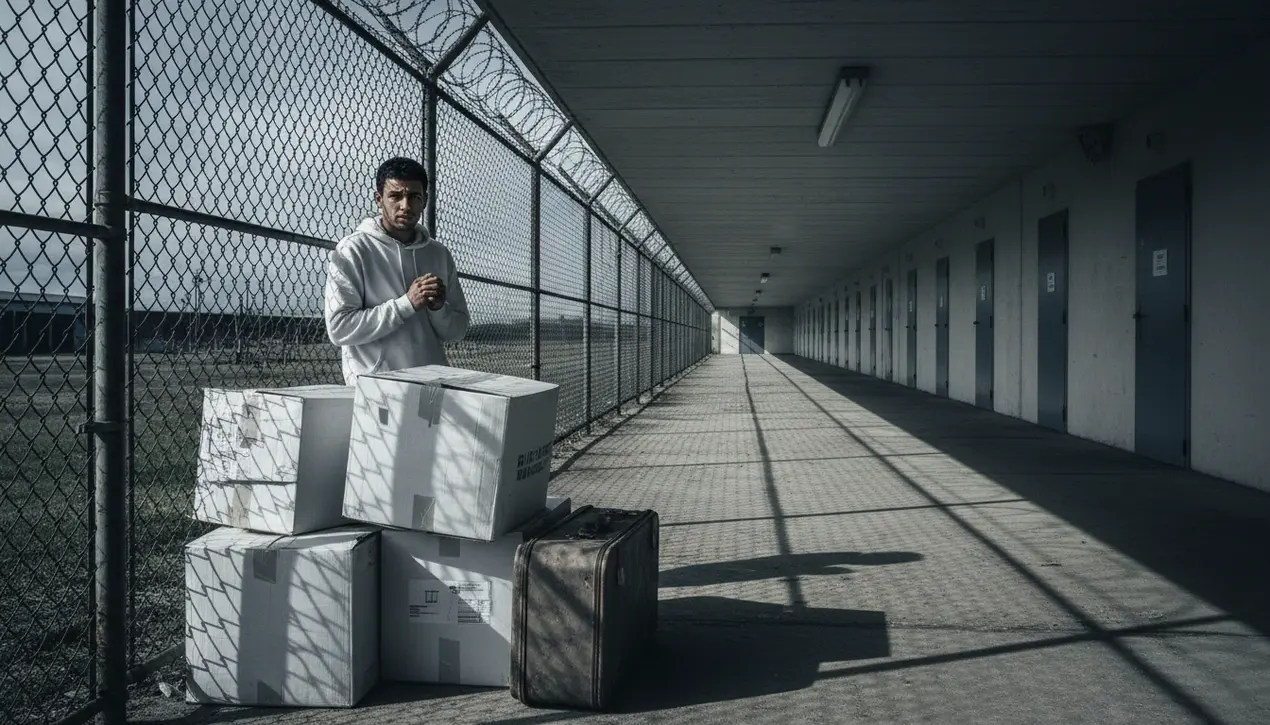
Politicshuman rightsRefugees and Migration
What changes to the UK asylum system are Labour proposing?
RO
Robert Hayes
4 hours ago7 min read1 comments
The new Labour government, under Home Secretary Shabana Mahmood, is preparing a fundamental recalibration of the United Kingdom's asylum framework, a system she has starkly described as 'out of control' and a source of national division. This is not merely a policy adjustment but a strategic response to a potent political threat, embodied by the rising electoral fortunes of Nigel Farage's Reform UK, which has successfully capitalised on public frustration over the enduring crisis of unauthorized small boat crossings in the English Channel and the contentious use of hotels to house asylum seekers.Mahmood’s rhetoric, warning of 'dark forces. stirring up anger,' echoes the language of historical statesmen confronting societal fractures, reminiscent of Churchillian appeals for unity in the face of external and internal pressures.The proposed changes, which could see refugees facing prolonged waits for status resolution and potential return to their home countries if conditions are later deemed safe, represent a significant departure from previous administrations and signal a hardening of the UK's approach. This move can be analysed through the lens of historical immigration policy shifts, such as the Commonwealth Immigrants Act of 1968, where successive governments have grappled with balancing humanitarian obligations against populist and nativist sentiment.The core challenge for Mahmood will be navigating the treacherous waters between international law, specifically the 1951 Refugee Convention which prohibits refoulement, and domestic political imperatives. Expert commentary from immigration law scholars suggests that the 'safe return' provision is fraught with legal and practical complexities; determining when a conflict-ridden or politically volatile nation becomes 'safe' is a notoriously subjective and politically charged process, often leading to protracted legal battles that could further clog the very system Labour seeks to streamline.Furthermore, this policy pivot may have profound consequences for the UK's international standing, potentially straining diplomatic relations with allies and partner nations in Europe who are observing whether this new approach will simply displace migratory pressures onto their own borders. The broader context is a Europe-wide struggle with asylum and migration, where countries from Italy to Germany are experimenting with their own versions of offshore processing and stricter border controls, suggesting a continental drift towards more restrictive paradigms.The political calculus is clear: by adopting a tougher stance, Labour aims to reclaim the narrative on immigration from the right, but in doing so, it risks alienating its own progressive base and enshrining a system that critics will argue prioritises political expediency over humanitarian protection. The success or failure of this sweeping overhaul will not only define Mahmood's tenure but could also set a new precedent for how a centre-left government manages one of the most divisive issues in modern Western politics.
#lead focus news
#UK asylum system
#Labour party
#Shabana Mahmood
#small boat crossings
#immigration policy
Stay Informed. Act Smarter.
Get weekly highlights, major headlines, and expert insights — then put your knowledge to work in our live prediction markets.
Related News
Comments
Loading comments...
© 2025 Outpoll Service LTD. All rights reserved.